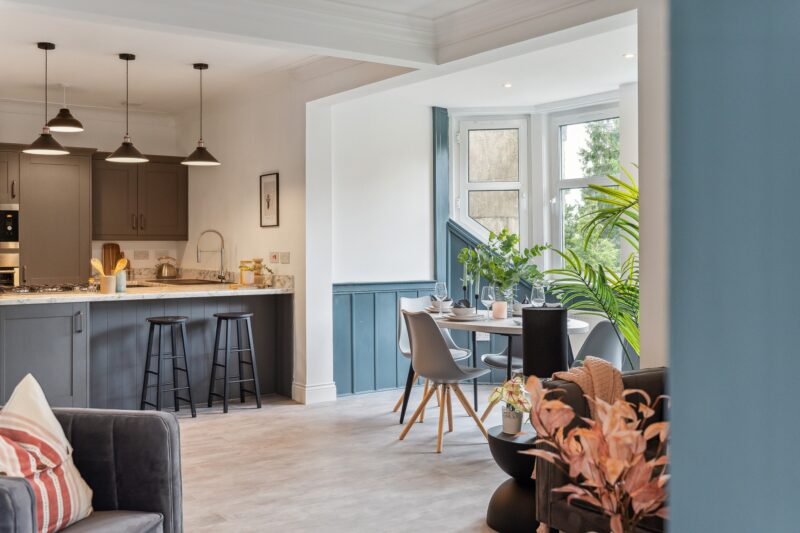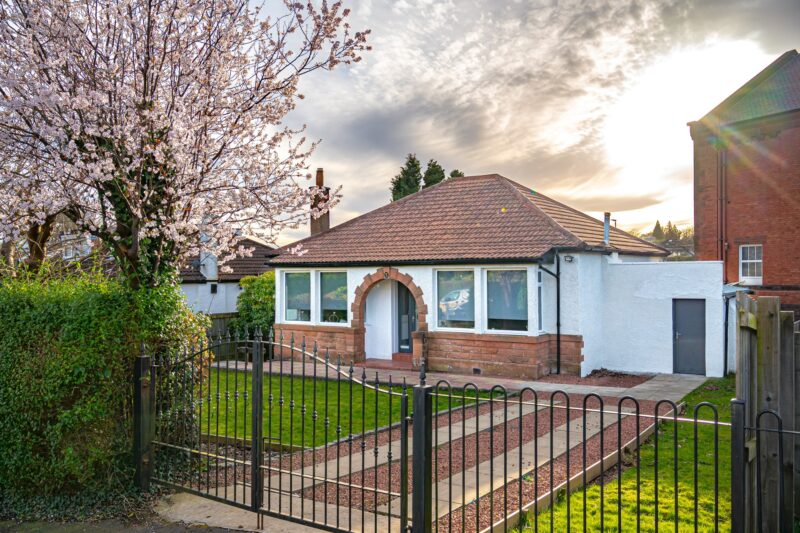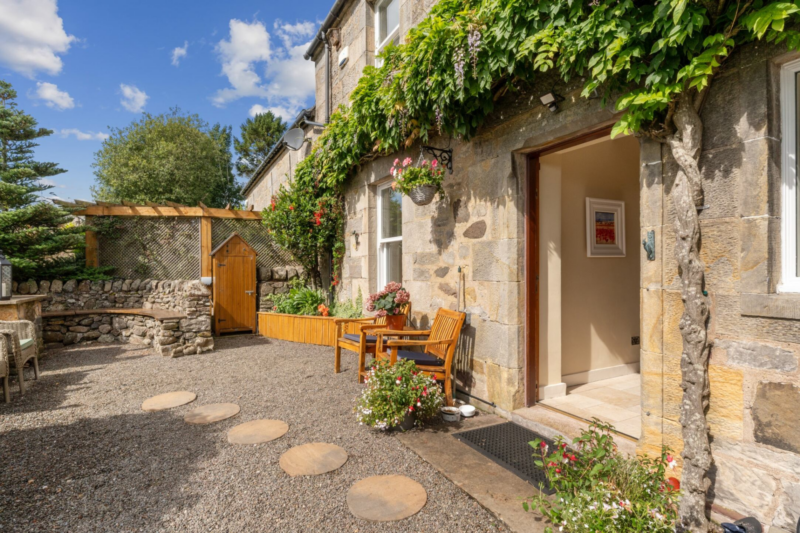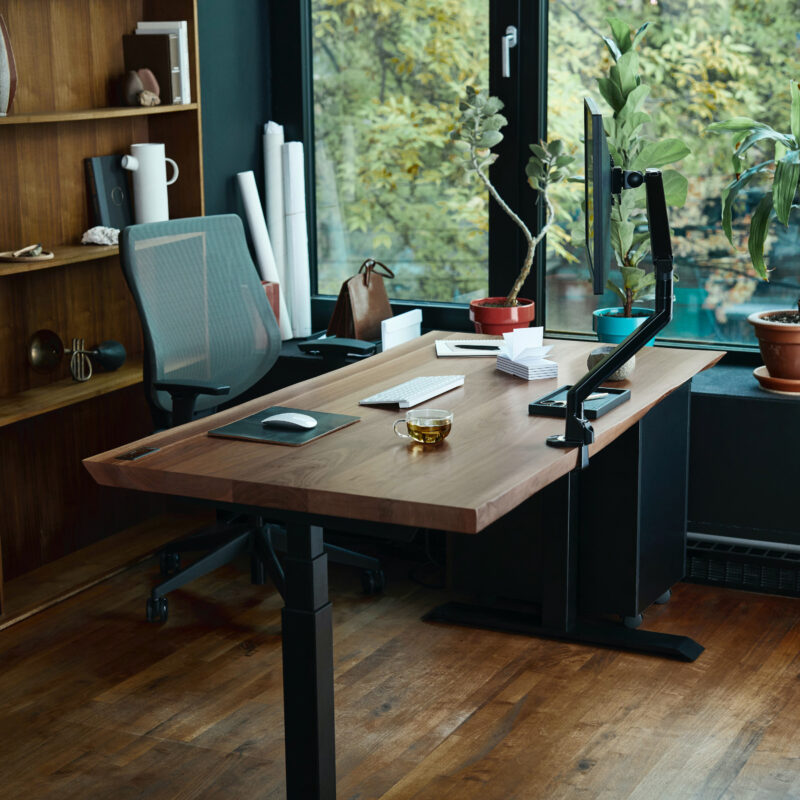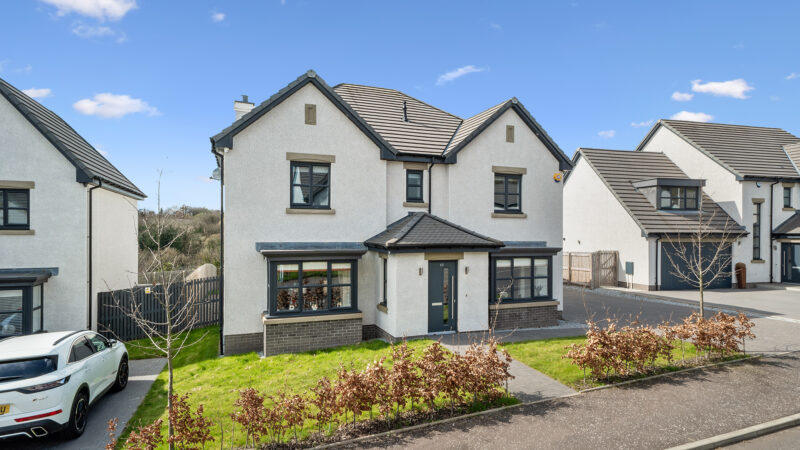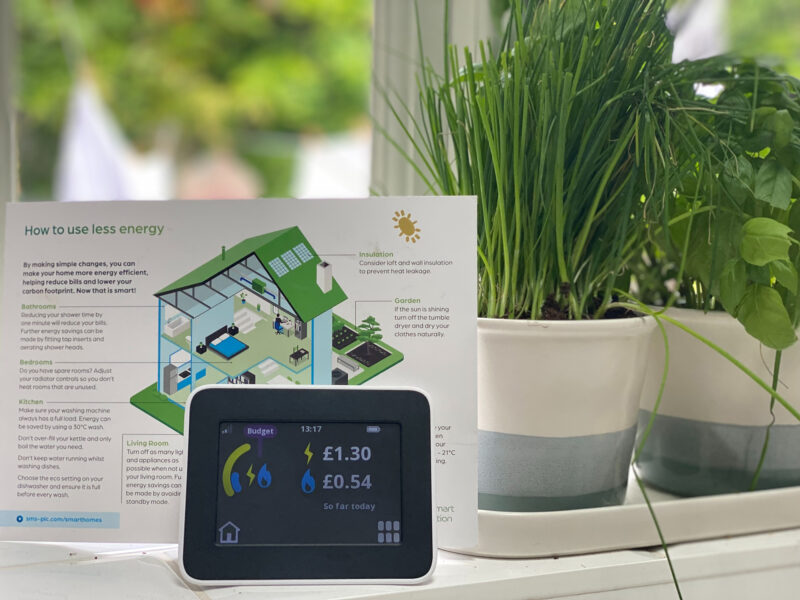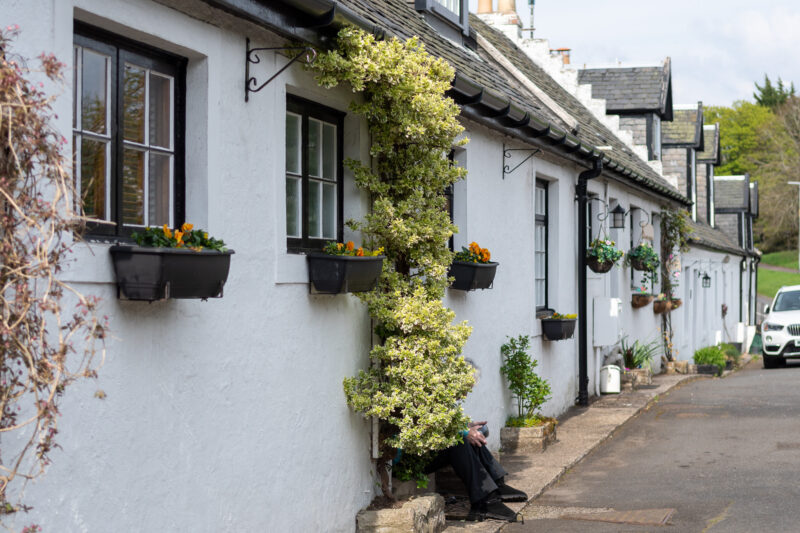
Boiler Upgrades – What to Consider
The rising cost of energy has been headline news for well over a year. Since before the start of the Ukraine conflict, the cost of fuel has risen at an alarming rate. Earlier in the year, it was announced that from October, the price cap would be set at £2,500
As well as the cost, it’s also worth considering omissions as we all aim for Scotland to reach net zero.
The biggest expense to us is our heating and hot water – something that we can’t do without in the cold winter months, especially here in Scotland. An energy-efficient heating system or boiler can help to cut emissions and reduce your bills. But how do you know when your boiler needs an upgrade?
The government has a Boiler Upgrade Scheme to help homeowners afford the upfront costs of installing a new boiler or low-carbon heating systems, such as an air or ground source heat pump.
If your boiler has stopped working, you’ll need an immediate replacement. In this case, the best option is a modern combi boiler. This will cost between £2,000 and £4,000 to purchase and install. Talk to your local council to find a list of installers participating in the boiler upgrade scheme as you will go through them for an assessment, and then they will claim it back from your local council. They will often install cavity wall insulation at the same time at no cost.
A boiler should last between 10 and 15 years, so if you have one older than eight, it makes sense to replace it. Since 2005, it has become mandatory to install condensing boilers as these reduce carbon emissions and are up to 99% efficient, while non-condensing boilers are only up to 78% efficient, reducing your bills.
Heat pumps
Heat pumps are an environmentally friendly alternative to gas boilers. They extract the heat from either the air or ground even in the winter and produce three times the energy they use, which makes them more energy efficient than a boiler.
Electricity powers the pump and compressor, so at present, there may not be a huge financial saving with a heat pump versus a gas boiler right now because the cost of electricity is around three times more than gas.
Although heat pumps are a more sustainable source of heat, you will need space for a cylinder if you don’t have one, and you may need larger radiators and pipes in the home – the existing pipes used with a gas boiler are usually too small to pump the water around the system.
It makes sense to get an air or ground source heat pump if you have an LPG [liquefied petroleum gas], oil, direct electric or solid fuel boiler, as these can be costly. There are schemes whereby you use a grant for around 40% of the cost of a heat pump (which can be about £7,000 to £12,000 to purchase and install), but many companies will offer 0% finance, and so you could find that your monthly outgoings are the same as they are with a boiler system.
If you do get a new heating system, it’s essential that you improve the performance of your property in terms of insulation and ventilation to maximise the benefit. Although transitioning from boilers to heat pumps will become more commonplace as we reduce our use of fossil fuels, but it’s essential to be mindful of the other upgrades you should do first.

Can’t afford a new system?
If you can’t afford a new heating system, there are still things you can do to make your home more efficient and reduce your bills.
Have your boiler serviced, which will pick up any early signs of lack of efficiency. Look for signs that your boiler is becoming inefficient in between inspections.
Bleed your radiators to make them more efficient and clear air blocks, which will make some areas of the radiator cold; you may need a system flush if this doesn’t help.
Install a smart thermostat such as Nest or Hive. This will help you to keep on top of how much it is used – it will also work concerning the temperature outside so that it will enable you to make the correct adjustments. In addition, if your radiators don’t currently have thermostatic radiator valves (TRVs), it’s a good idea to fit them. This means you don’t have to have the heating on in rooms you don’t use, and the cost of them is offset by the savings you’ll make in the long run.
